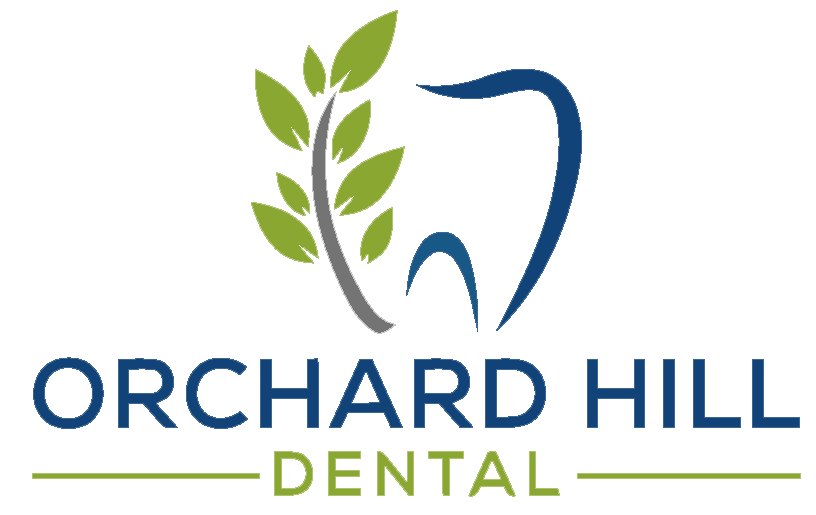Dental emergencies can happen when you least expect them, from sudden toothaches to knocked-out teeth. Knowing how to handle these situations can make all the difference in preserving your oral health and minimizing pain and discomfort. Therefore, you can prepare for these emergencies in advance to reduce your risks and improve your oral health.

Common Dental Emergencies
Dental emergencies can take many forms, but some of the most common include:
Toothaches: Sudden or persistent toothaches can be a sign of an underlying dental issue, such as tooth decay, infection, or a cracked tooth.
Knocked-Out Teeth: Accidents or injuries can also result in knocked-out teeth, which require prompt attention to increase the chances of successful re-implantation.
Broken or Chipped Teeth: Broken or chipped teeth can occur due to trauma or biting on hard objects and may require immediate care to prevent further damage.
Lost Fillings or Crowns: Lost fillings or crowns can expose the underlying tooth structure to bacteria and should be addressed promptly to prevent infection or further decay.
Creating a Dental Emergency Kit
Having a dental emergency kit on hand can help you respond quickly and effectively in the event of an oral health crisis. Your emergency kit should include:
Sterile Gauze: For controlling bleeding from the gums or soft tissues.
Dental Floss: For dislodging food particles stuck between teeth.
Pain Relievers: Ibuprofen or acetaminophen to manage pain and inflammation.
Temporary Dental Cement: To temporarily reattach lost fillings or crowns.
Denture Adhesive: For temporary repair of broken or chipped teeth.
Contact Information: For your dentist and local emergency dental clinic.
Knowing What to Do in a Dental Emergency
When faced with a dental emergency, it’s essential to stay calm and take appropriate action. Here’s what to do in some common emergency situations:
Toothache: Rinse your mouth with warm water and floss gently to remove any trapped debris. If pain persists, take over-the-counter pain medication and schedule an appointment with your dentist.
Knocked-Out Tooth: Handle the tooth by the crown (top part), not the roots, and rinse it gently with water if dirty. Also, try to re-implant the tooth into its socket or place it in a container of milk or saliva to keep it moist. Seek emergency dental care immediately.
Broken or Chipped Tooth: Rinse your mouth with warm water and apply a cold compress to reduce swelling. Save any broken pieces of the tooth and see your dentist as soon as possible.
Lost Filling or Crown: Clean the affected area and dry it thoroughly. Apply temporary dental cement to the filling or crown, and avoid chewing on that side of your mouth until you can see your dentist.
When to Seek Professional Help
While you can handle some dental emergencies at home, others require prompt attention from a dental professional. So, seek emergency dental care if you experience:
- Severe or persistent tooth pain.
- Bleeding that does not stop after applying pressure for 10 minutes.
- A knocked-out tooth or a tooth that is loose or significantly displaced.
- Signs of infection such as swelling, pus, or fever.
